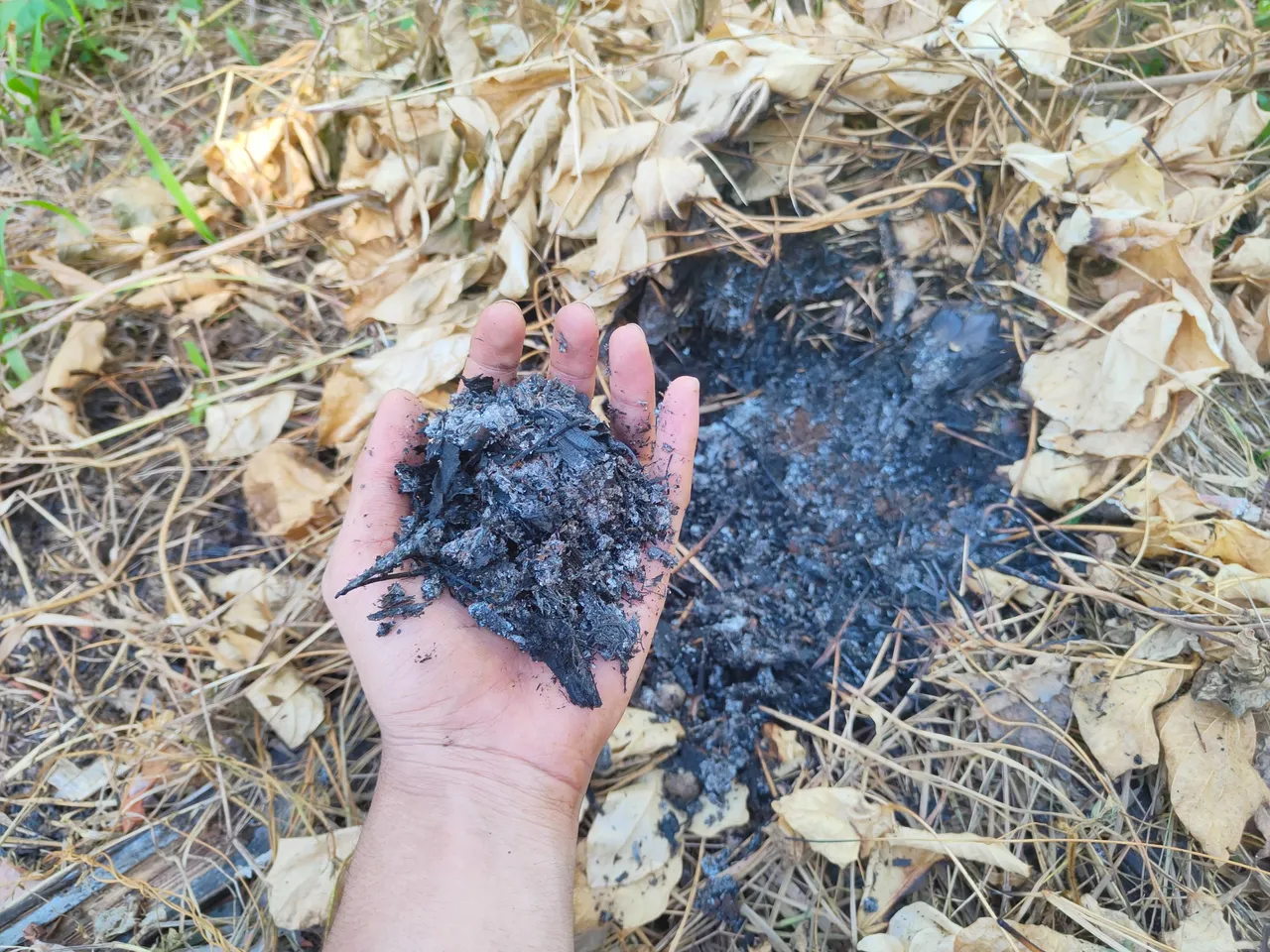
If you lead me astray, then my wanderings will bring me to my destination. — Michael Bassey Johnson
As August ends, the weather has still been amiable, so unnatural but I won't complain. While the weather patterns have partially changed, some remain the same like the typhoons.
During the 3rd quarter of each year, the northern part of the Philippines, in Luzon, is battered by the storms. Ours, the Visayas, in the Eastern part, is during the Last quarter. The storms in the Western, the Central, and the Southern part of the country are super rare, but are not zero.
It is always wise to study the unique microclimate alongside with the other characteristics of the agricultural property. Each of the farming newbies, should keep this in mind aside from being so dependent on the weather news.
The ability to adapt with the weather patterns will bring long-term abundance amid the uncontrollable catastrophe that will occur from time to time. This issue has become relevant these days as the traditional media is paid and is now pointing to Climate Change as the cause of global drought.
Just a tip, some parts of the world don't have drought because the leaders has not allowed corrupt businesses to exhaust their natural resources.
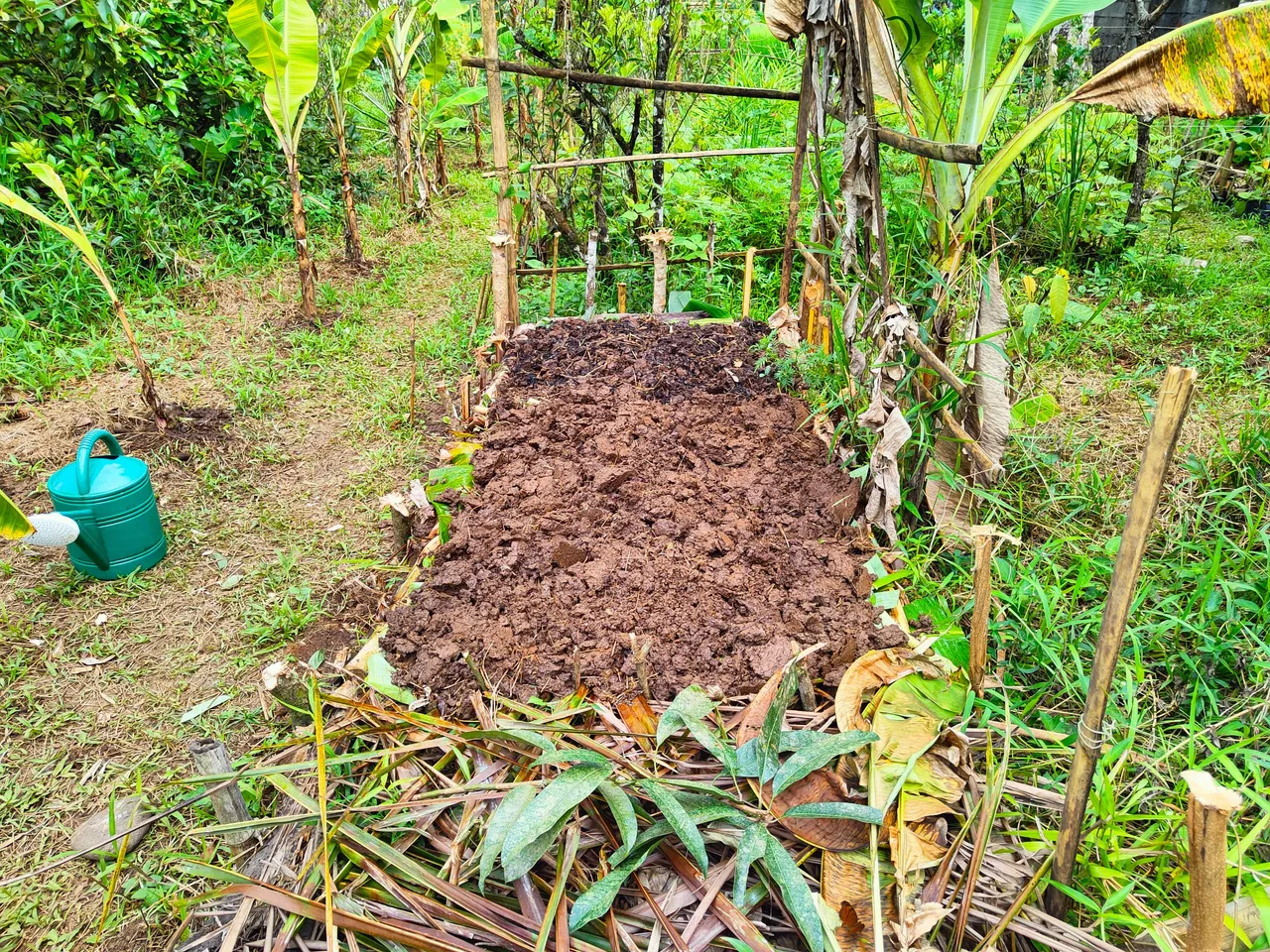 | 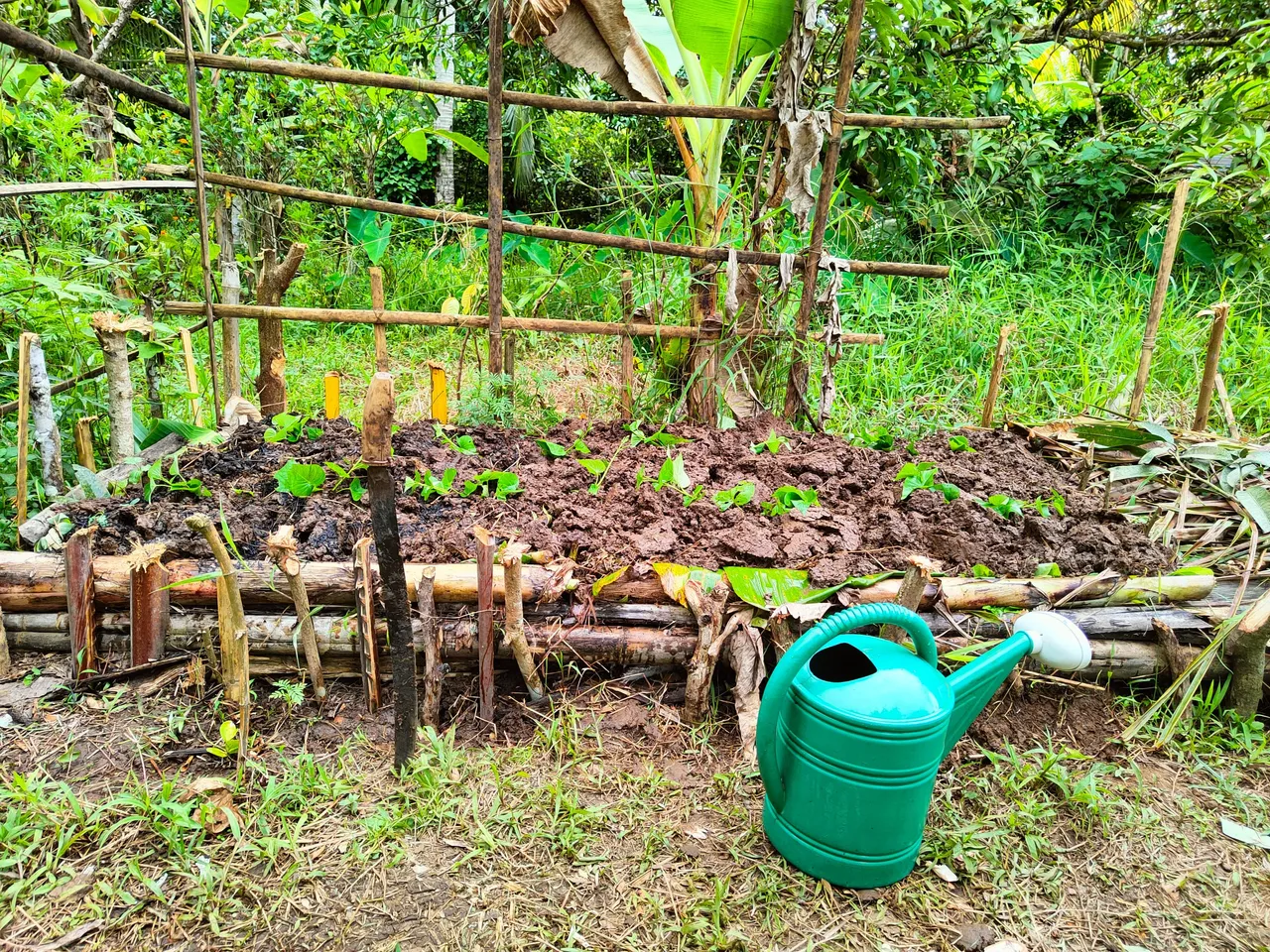 |
|---|
Thought Experiment
Imagine a glass filled with tap water within 10 seconds, then five people put straws and simultaneously sip all the water as fast as they can. Can we blame the warmer temperature for the empty glass of water?
This is what is happening today, as complex as it truly is, we still shouldn't be easily persuaded by propaganda.
The growing demand for tap water is acceptable and is humane, but the government is perpetuating the unsustainable practices of big corporations and factories to intake most of the freshwater for their operations or as a bottled product—it should be investigated further.
Climate Change and Food Insecurity is never a communal responsibility when the big corporations are profiteering over their destructive and unsustainable business operations. This is the failure of the media for blaming people for using petroleum products or its derivatives, or of other unsustainable lifestyles and diets.
When you manufacture a demand that shouldn't exist, please don't blame the consumers. Don't brainwash people into dependence and blame them for the adverse effects.
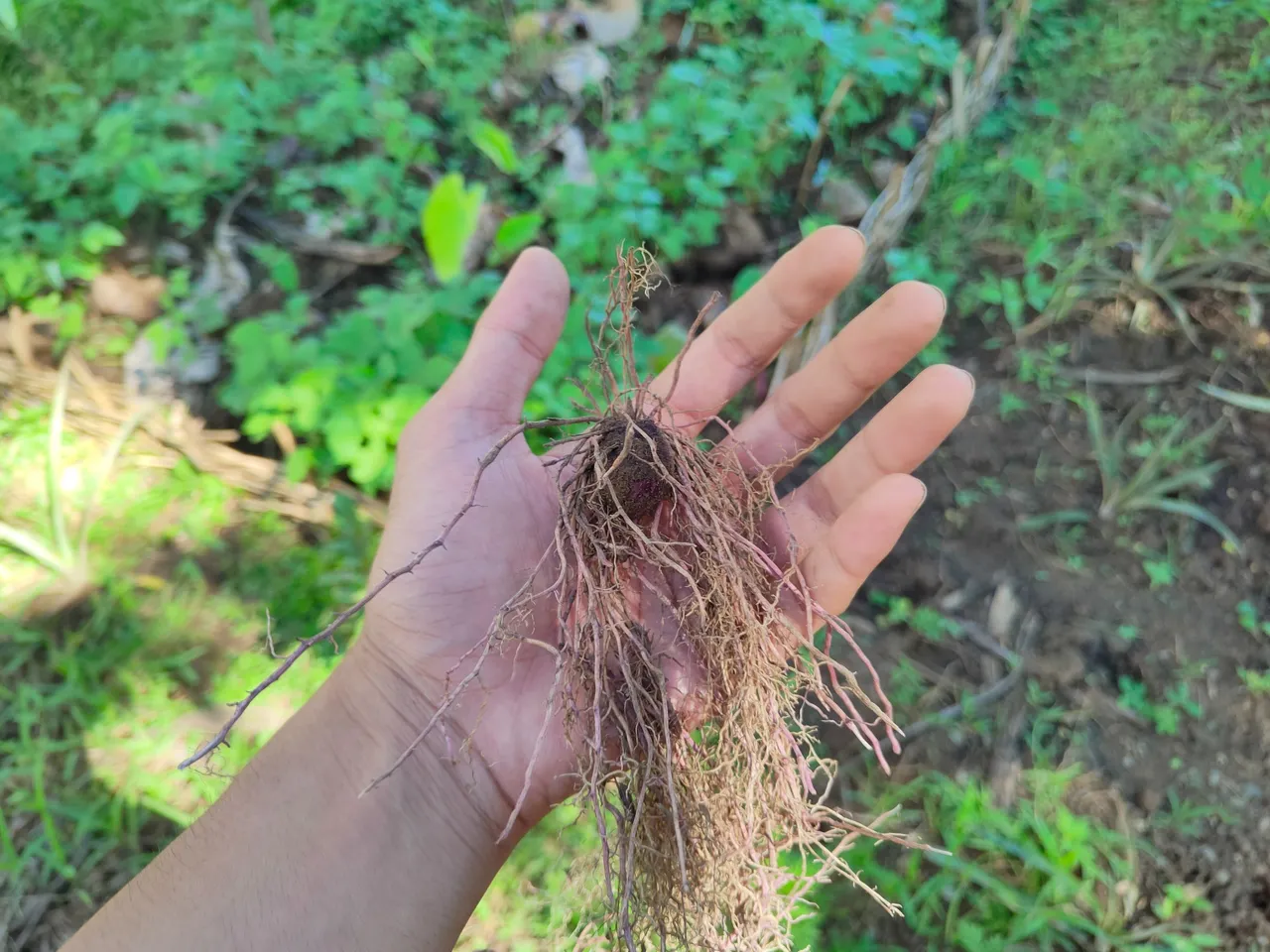 | 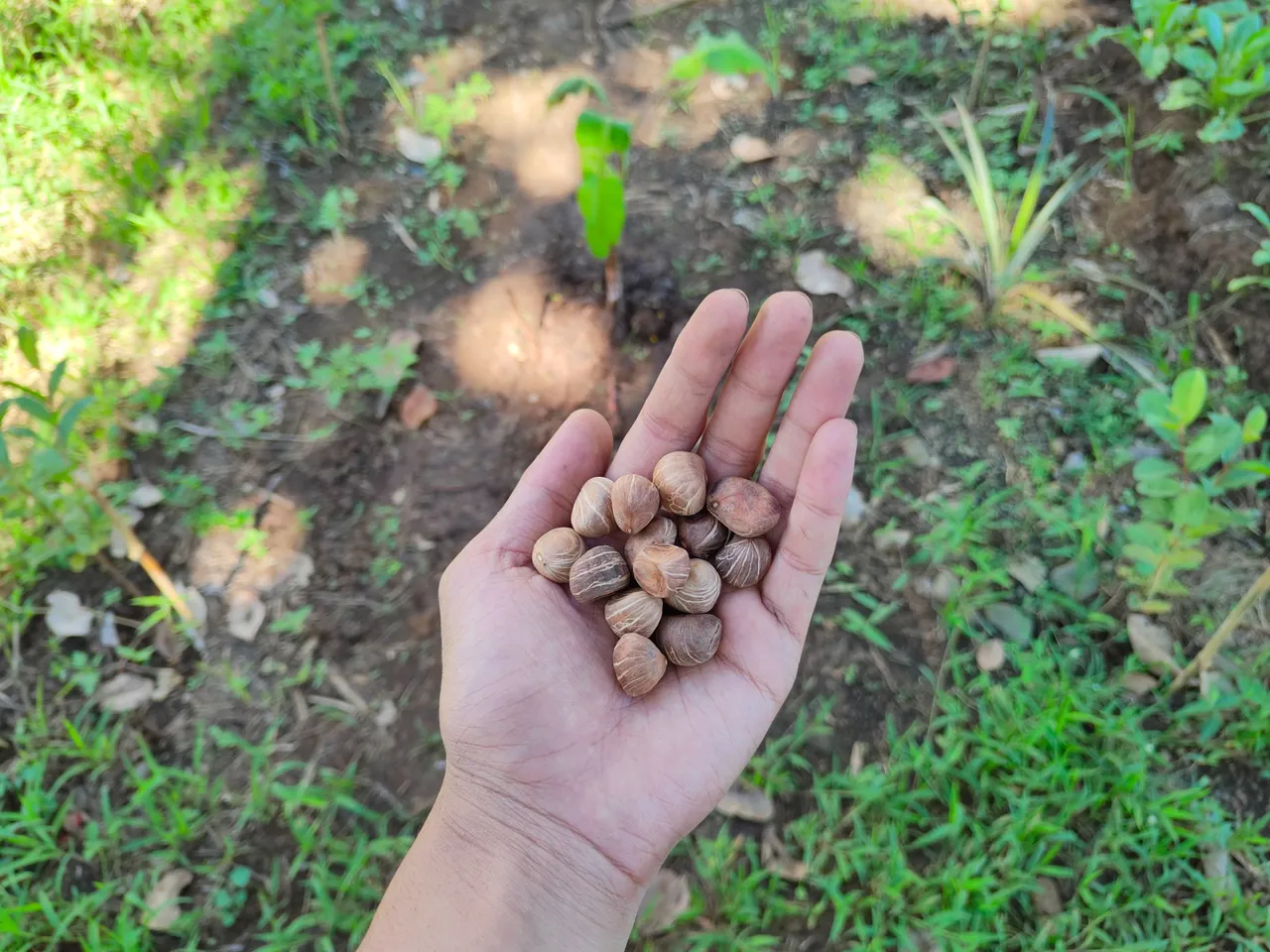 |
|---|
Razor and Blades Business Model
With the growing global population, it is expected that the demand for food should also rise. The issue that greatly corrupts Food Security is not the low supply, but the emphasis on a generalized and controlled national lifestyle and diet.
Each region has been thriving on unique, sustainable, and cultural lifestyles and diets but the government policies are driving for a unified food choices that is indirectly shaking food security.
In the era of global food insecurity, capitalists and experts drove the shift to even more high-yielding and resistant varieties. The real problem with GMOs is in its unsustainable practices advertised by its creators—the greater dependence on higher farm inputs such as herbicides.
The unsustainable practices such as herbicides, pesticides, and fungicides destroy the soil microbiome while also increasing the risks of erosion and proliferation of tolerant weeds, bacteria, and viruses, meaning the farm owners are trapped in a cyclic dependence for more costlier farm inputs.
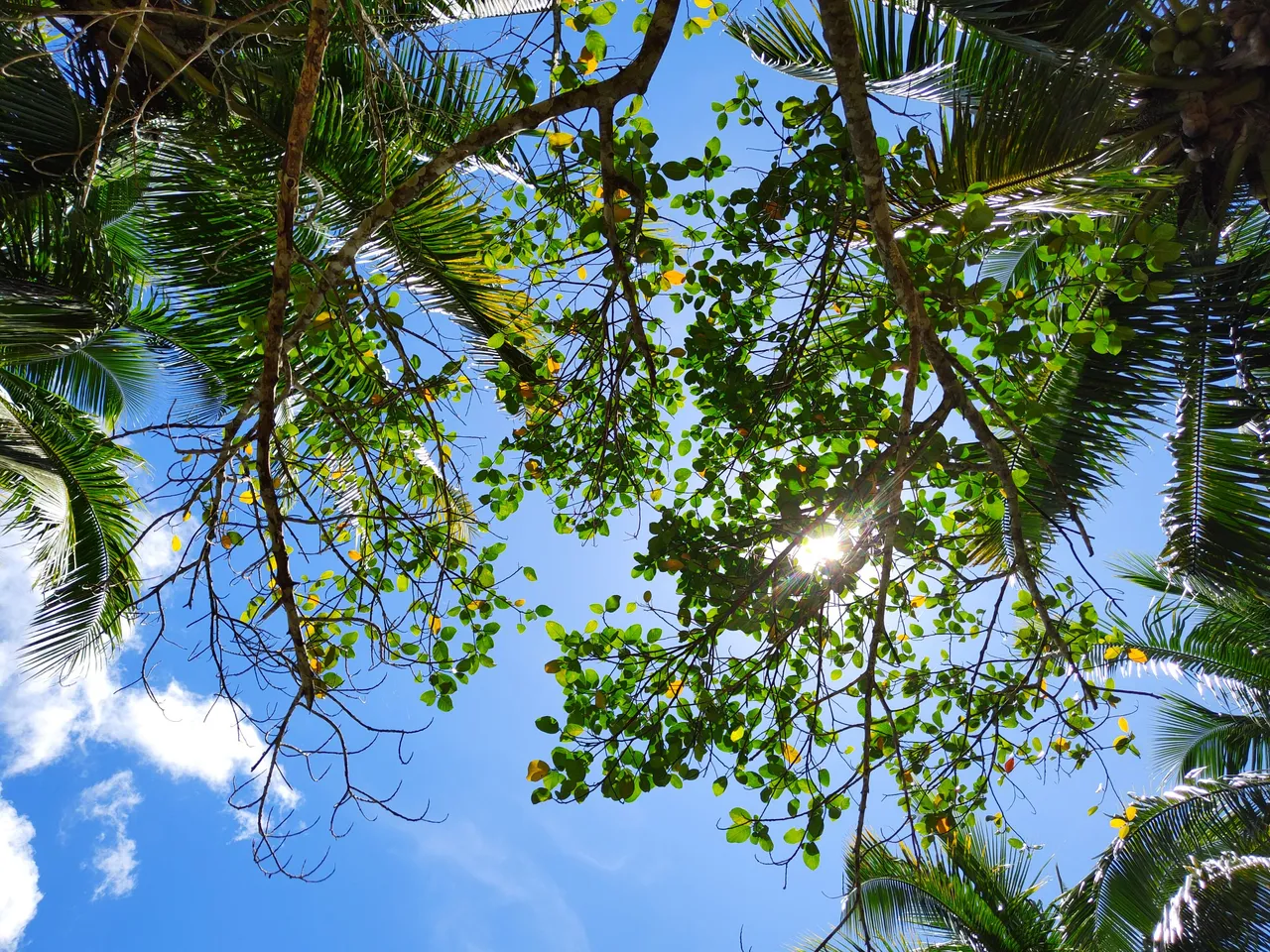
Sustainable Lifestyle and Diet
It is undeniable that we are in dependence of crop hybrids as new sources for sustenance as most crops varieties do not exist at the beginning of human existence. And in the age of monocropping, the danger of diseases disrupting the food supply is just one failure away.
That is why there is extensive research on high yielding and disease-tolerant/resistant varieties which are bent towards GMOs—and even the hype on super solutions that have chances of being invasive.
The real solution to food insecurity is really go one step back into a sustainable lifestyle and diet. This also means to promote and incentivize sustainable agroforestry to provide diverse and year-round supply of sustenance to intersecting radiuses of different communities.
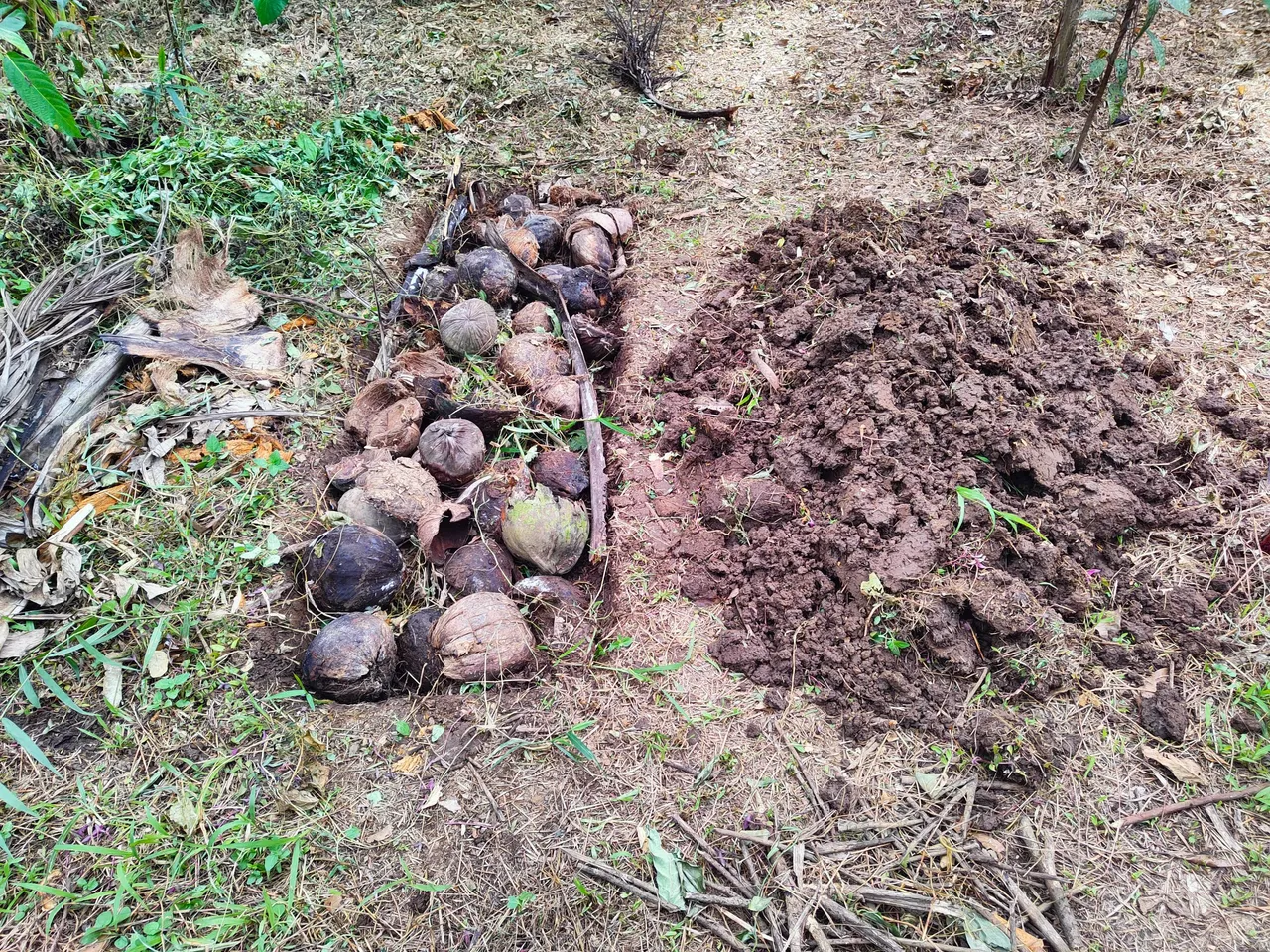
Bending Permaculture Rules
While permaculture experts discourage certain agricultural practices, some are even lowkey beneficial to the environment. Observing and exploring cultural practices must also be entertained by farmers and gardeners as there are gems lurking in our ancestors' unwritten stories.
One of which is planting during the high tide, but this has not yet proven to be actually true.
Also, in our region, we have two monsoons that also affects our farming behaviors. Habagat is the southwestern winds from the sea that batters us for several weeks, it is thought that the wind cure the crops from diseases.
After the Habagat monsoon, bananas farmers will get higher marketable yield versus the other time of the year. This lead to the belief that saltwater kills fungi, bacteria, and viruses that is limiting crop yields.
While we don't want to disrupt the soil microbiome, an imbalance usually forces farmers to opt in fungicides. A sustainable option is to use saltwater instead prior to the cropping season. Seawater contains trace amounts of minerals and organic matter that can also nourish garden soil aside from rebalancing the soil microbiome.
Table salt is also culturally applied to Coconut trees to increase its yield, although I haven't researched on this claim.

Deviating from Strict Permaculture Methods
Burning is a big NO in permaculture and is banned or illegal in some countries or states. When talking about burning, it encompasses a wife range of practical definition, but permaculture may actually refer to slash-and-burn method to clear vast areas of land for agricultural use which is bad for the soil and the ecosystem—this is outside of the topic.
Extensive burning with the purpose of clearing vast areas of land kills the soil microbiome while also endangering the ecosystem and causing long-term side effects to the environment.
Usually, plant debris from various activities and sources becomes natural mulch and organic matter. On the otherhand, isolated and controlled burning of dry plant debris (when not illegal) is perfectly okay. It still have a positive impact in the environment.
Fruit trees, such as Mangoes, can be economically induced to flower during off-seasons through smudging although various experts discourage this due to poor reliability and potential hazards, sarcasm intended. Mango farmers, including my father, use flower inducers and pesticides costing at least 30% of the total sales. Just because they want the tree to overproduce and profit.
The carbonized byproduct of controlled burning and smudging can be used to augment garden soil to increase aeration, moisture, and nutrient retention while also giving a comfortable home for more beneficial fungi and bacteria.
We can persuade or give pieces of advice, but in the end, it is in the person to weigh decisions on what benefits oneself in the long-term.

How about you, what permaculture methods are you deviating from? Share in the comments down below!
PINNED POST
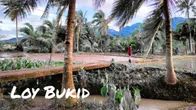 | Clearing the Damage After the Storm Instead of falling into anxiety, I took time to make use of what the storm had given. |
|---|
 |  |  |  |  |  |  |
|---|
About Me
@oniemaniego is a software developer, but outside work, he experiments in the kitchen, writes poetry and fiction, paints his heart out, or toils under the hot sun.
 | Onie Maniego / Loy Bukid was born in rural Leyte. He often visits his family orchards during the summers and weekends, which greatly influenced his works. |
Donate with Crypto
Bitcoin 34hdQNHHFUodqegi2wwNeNw2p35ewvnaXQ
Ethereum 0xd36126ab2463c3404cca1c97d8f3337917dfd113
Not yet on Hive? Earn while blogging.
Sign up with PeakD | Ecency
